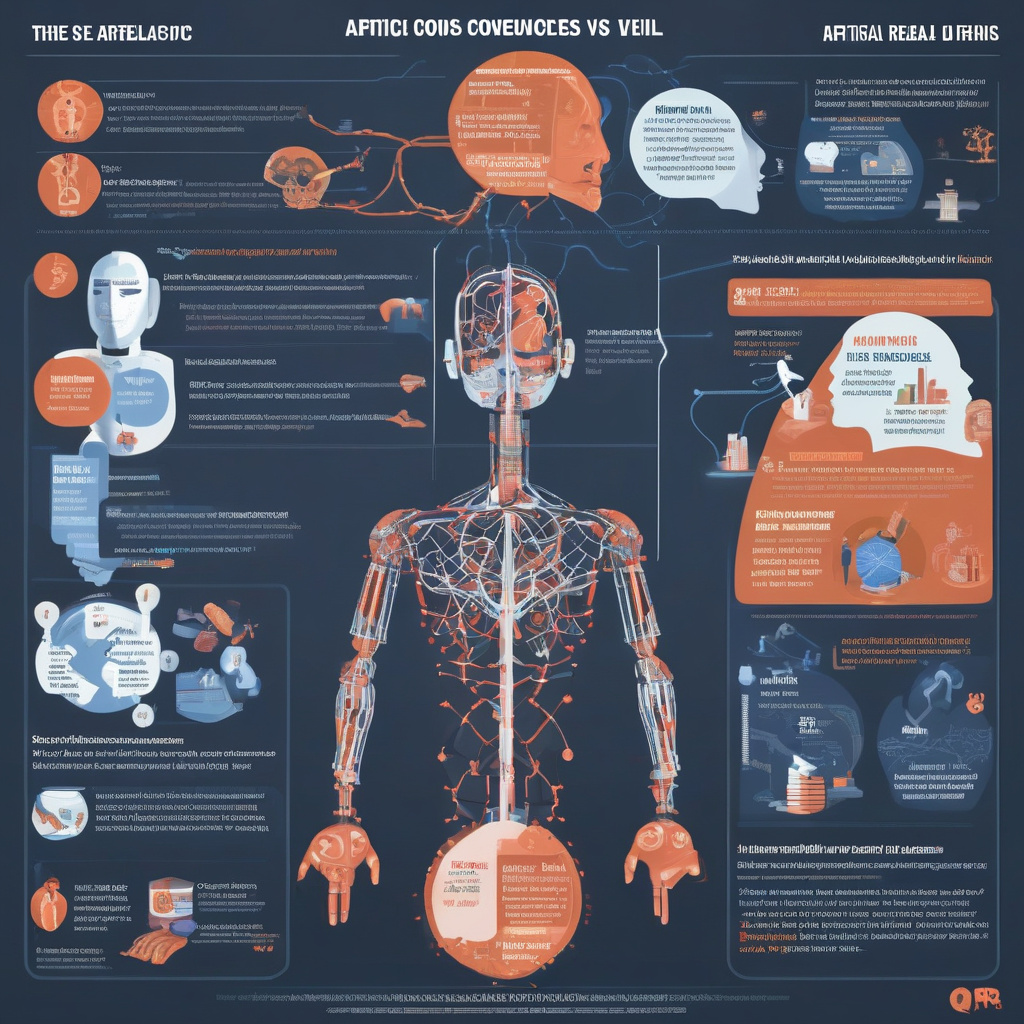Artificial Intelligence, Real Consequences: Balancing Good vs Evil AI
In the realm of technology, the battle between good and evil has manifested itself in the form of Artificial Intelligence (AI). Developers, the modern-day knights of innovation, find themselves at a crossroads where the choices they make in programming AI systems can have far-reaching consequences. This internal struggle between creating ethically sound AI that benefits society and potentially harmful AI that could disrupt the status quo is a dilemma that cannot be ignored.
As we stand on the precipice of a new era defined by intelligent systems, the question of whether AI is a force for good or evil looms large. The very nature of AI, with its ability to automate tasks, make decisions, and learn from data, holds tremendous promise. AI has the power to revolutionize industries, streamline processes, and enhance human capabilities in ways we never thought possible. From predictive analytics in healthcare to personalized recommendations in e-commerce, the potential for positive impact is vast.
However, this immense power comes with equally significant responsibility. The risks associated with AI, if left unchecked, are daunting. Issues such as bias in algorithms, privacy concerns, job displacement, and even existential threats loom on the horizon. The decisions we make today in developing and deploying AI systems will shape the future of our society. It is crucial to strike a balance between harnessing the benefits of AI and mitigating its risks.
At the same time, the democratization of AI presents both opportunities and challenges. With AI becoming more accessible to a wider audience, there is a need for heightened awareness of ethical considerations. Developers must prioritize transparency, accountability, and fairness in their AI systems to ensure they align with societal values and norms. By fostering a culture of responsible AI development, we can steer the trajectory of AI towards positive outcomes.
In this age-old battle of good versus evil, the key lies in our ability to navigate the complexities of AI with wisdom and foresight. By embracing a holistic approach that considers not only the technological advancements but also the ethical implications, we can harness the full potential of AI for the greater good. As we delve deeper into the realm of intelligent systems, let us remember that the choices we make today will shape the world we inhabit tomorrow.
In conclusion, the future of AI is in our hands. By embracing the dual nature of this transformative technology and striving for a balance between innovation and ethics, we can pave the way for a future where AI serves as a force for good. Let us embark on this journey with a sense of purpose and a commitment to creating a world where AI enriches the human experience rather than diminishes it.

